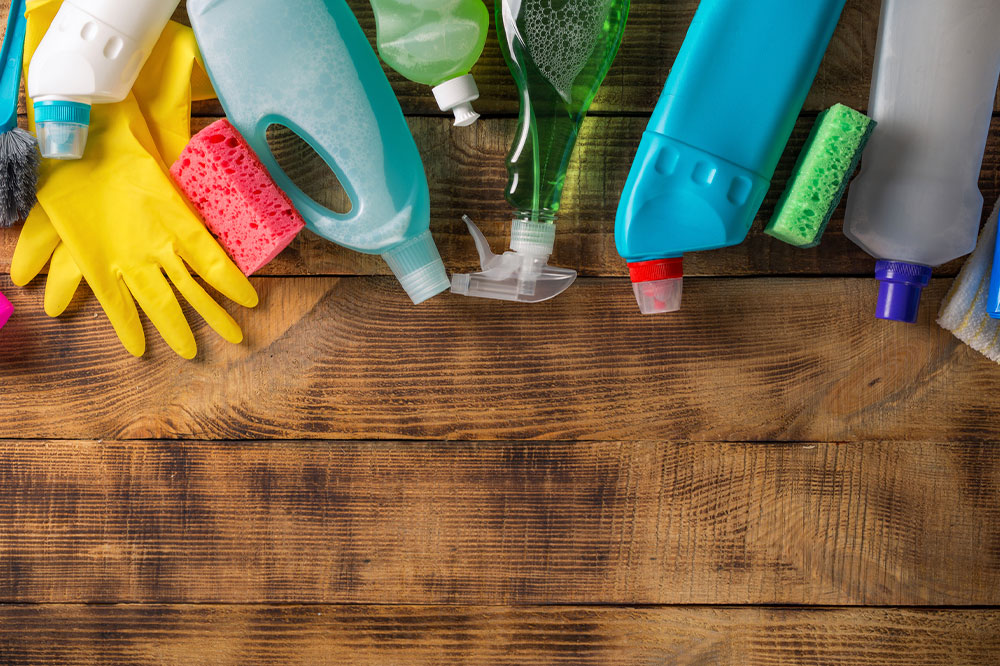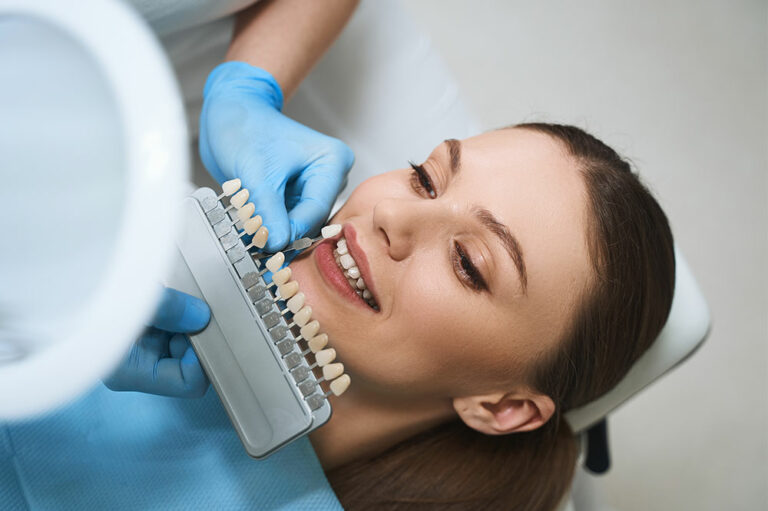5 common household items that increase cancer risk

Cancer is a condition where healthy cells mutate and grow uncontrollably, causing damage to neighboring cells as it spreads. Cancer can affect any body part and often goes undetected until the advanced stages. Also, many external factors trigger the risk of developing certain types of cancers among adults. And many common household items, grooming products, and smart devices installed around the home increase the risk of exposure to carcinogens that cause cancer.
Cookware
Daily use utensils and cookware are coated with compounds that increase the risk of certain types of cancer. For example, nonstick pans, pots, and hotplates are commonly coated with Teflon. At high heat, the Teflon burns, and these pans emit fumes that cause respiratory problems. Repeated exposure increases the risk of cancer. It’s safer to switch to simple cast iron, stainless steel, and even ceramic utensils while cooking regularly on high heat. Even plastic containers used for storing cooked food are not safe. These plastics contain bisphenol and phthalates that can leak into the containers and linger inside the foods and beverages stored.
Cleaning products
Toilet cleaners, liquid sprays, surface cleaners, disinfectants, and most of the cleaning products used for different surfaces in the house are potentially harmful to health. The chemical composition of these products boasts compounds like phthalates, ammonia, and formaldehyde. All compounds increase the carcinogenic risk when exposed repeatedly. Even mild exposure through skin contact or inhaling fumes from these products should be avoided. Organic cleaners are a safe choice, and one can make many simple DIY home cleaners using ingredients like baking soda, vinegar, lemons, and water to further reduce exposure to carcinogens.
Grooming products
Many products used for grooming and personal hygiene also carry a carcinogenic risk due to the chemical composition of these products. In recent years, many top brands have recalled talcum powders and skin care products with topical applications due to increasing concerns over the chemicals used. Soaps, shampoos, body washes, and even deodorants are linked to causing or aggravating prostate and breast cancer. It’s safer to switch to organic grooming products that are free of parabens, artificial preservatives, and fragrances.
Radiation
Extended exposure to radiation from electronic devices such as Wi-Fi routers and signal boosters, and frequent use of cell phones could potentially increase the risk of cancer. These devices emit wireless electromagnetic waves continually when the device is in use. While these waves don’t directly trigger cancer, there is a considerable risk of distress among those who are repeatedly exposed to low-level radiation. The presence of many such devices in homes and workspaces can lead to an increase in exposure. It’s best to turn off these devices at night and keep cell phones away from the bedside for safety.
Home and garden products
Air fresheners and scented candles used to eliminate smells contain volatile organic compounds, parabens, artificial fragrances, and phthalates that carry a mild cancer risk. These fumes should not be inhaled directly or used continually, as the chemicals in these products cause problems with respiration. Instead, improve cross ventilation around the home and avoid using artificial fragrances. Even common pesticides and insecticides used in the garden for pest control contain harmful chemicals that should not be inhaled. These fumes increase the risk of cancer that affects the lymphatic system, mainly increasing the risk of non-Hodgkin’s lymphoma.



